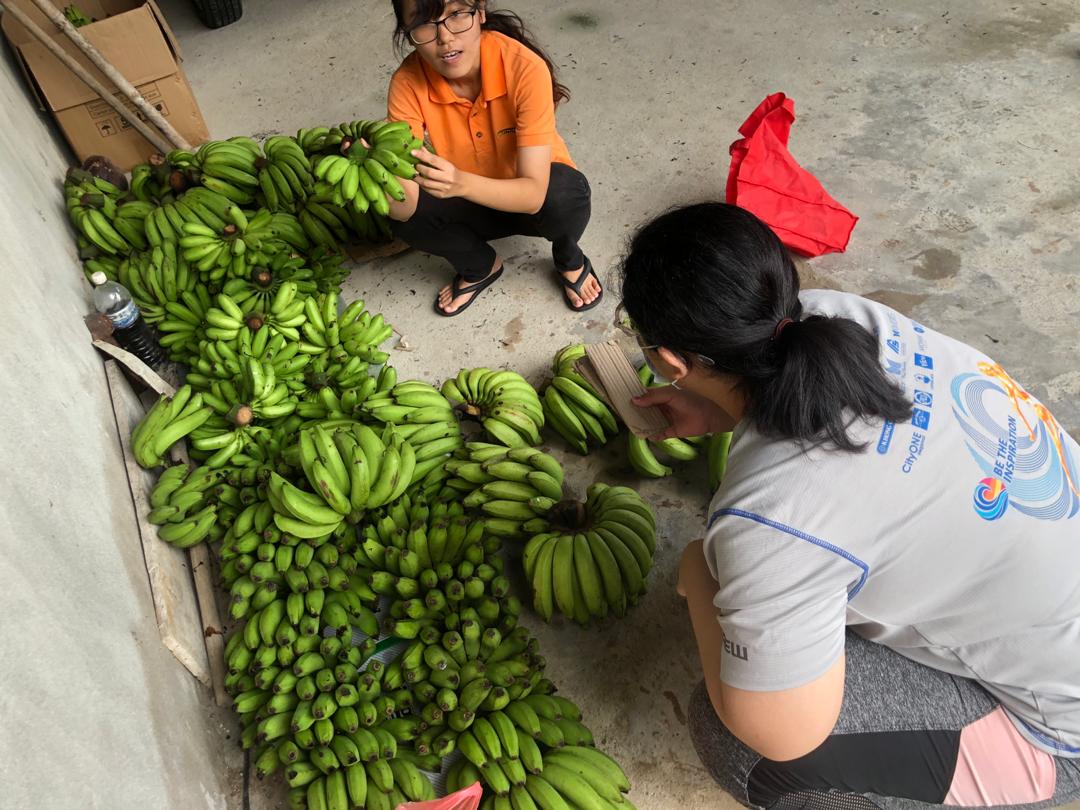Post-Harvesting

Post-Harvesting
What is the post harvest process?
The moment a crop is uprooted from the ground, or separated from the parent plant, it begins to deteriorate. To halt the process is impossible, but to slow down the progression there is a way. With a proper post harvesting process, we can reduce the level of weight loss after harvesting, plus help in maintaining crops quality.
Postharvest is the last stage of crop production that spans from harvesting until the produce is being utilised by consumers. It includes harvesting, sorting, cleaning, grading, packing, storage, and transportation. However, the post harvesting process might be differ for different crops.
Example post harvesting process in banana:
After harvesting, bananas are prone to shriveling and weight loss which lead to decreasing in their marketable weight and their visual quality. Thus, appropriate post harvest treatment for bananas is crucial in maintaining the quality.
- Bananas must not be exposed to the sun as this will lead to rapid moisture loss and rapid ripening. Shade can be provided by using a canvas tent in the field or by covering with layers of banana leaves.
- Avoid latex staining by wrapping the banana crown until the mid portion of the hand with paper/plastic.
- Washing with pipe water can be done to remove dirt from the surface of the banana and coagulate exuded latex
Example of post harvesting process in pineapple:
Pineapples are prone to a number of postharvest diseases. Decay can be controlled by good pre-harvest sanitation, careful harvesting and handling practices to minimize injury to the fruit, using properly sanitized wash water and storing the produce in optimum temperature.
- Wash the pineapples thoroughly. Rinse off any bugs or dirt that may still be on the pineapple. Shake off the excess water. Then, air dry the pineapple on a clean kitchen towel.
- Pineapple fruit should be stored at 8°C (4 7°F) for maximum postharvest life. At this temperature, pineapples harvested at the quarter-yellow stage have a shelf life of approximately 3 weeks.
